What Exactly Is Engraving?
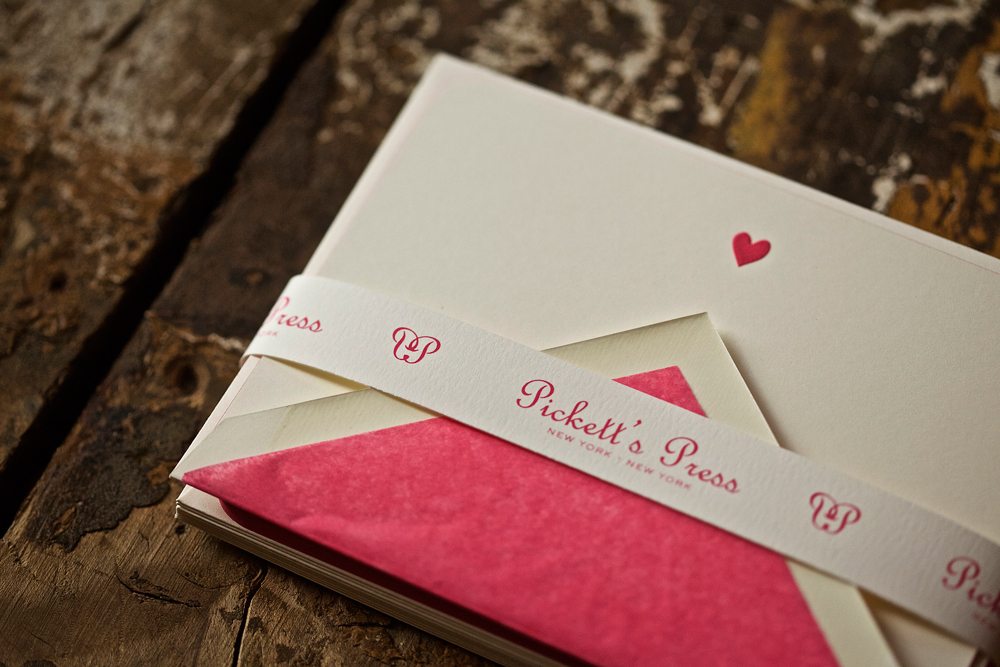
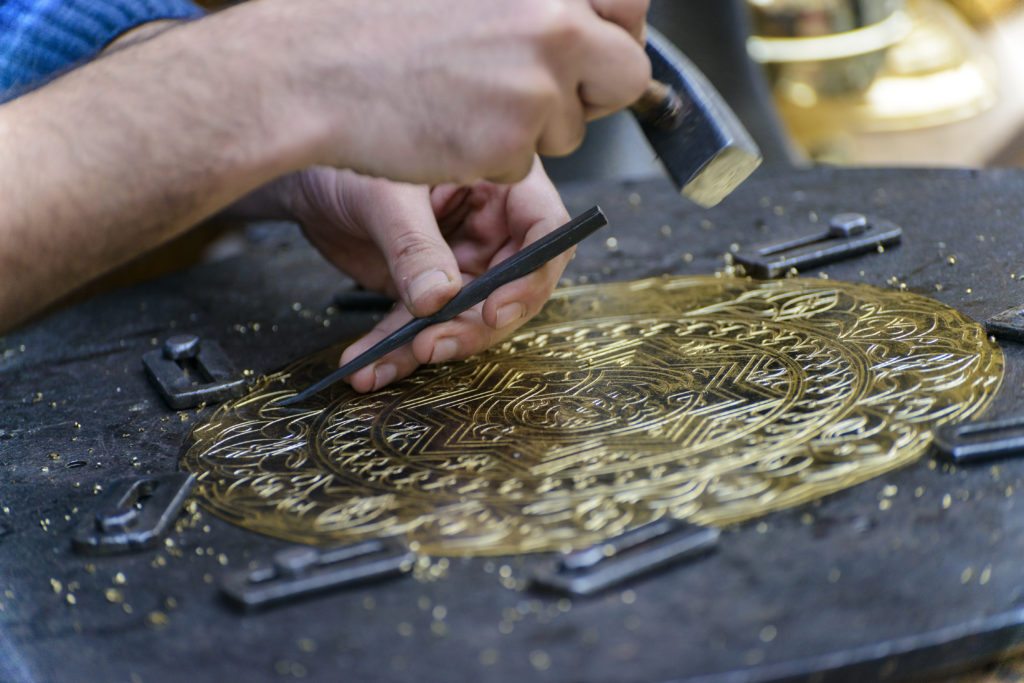
How it Works
Engraving is a pressure process, transferring ink directly from the engraving plate to the paper. Automatic engraving presses can run at speeds between 4,000-5,000 impressions/hour. Hand-fed presses are much slower (1,000 impressions/hour is good), but more practical for a small run, such as an invitation or note card.
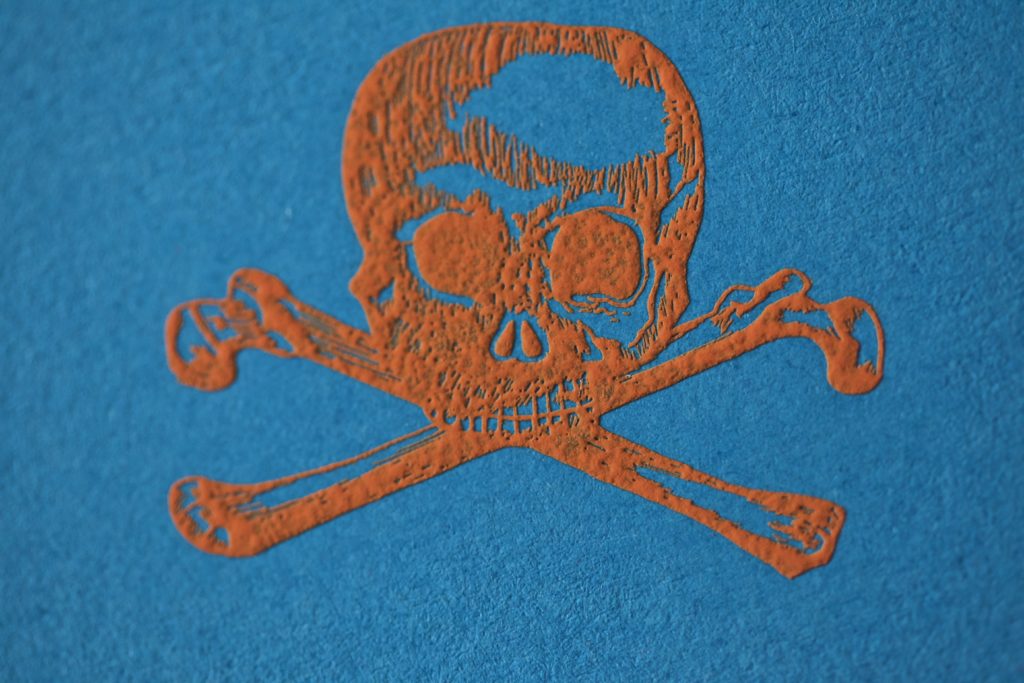
Engraving inks are more opaque than litho inks, and use thick opaque pigments, true metallic. Because of this, engraving is great for a small or fine type. It also works brilliantly for printing a light color (white, cream, aqua) on a dark stock, or for printing tone-on-tone (unlike letterpress where the inks are water based and the color of the paper can show through).
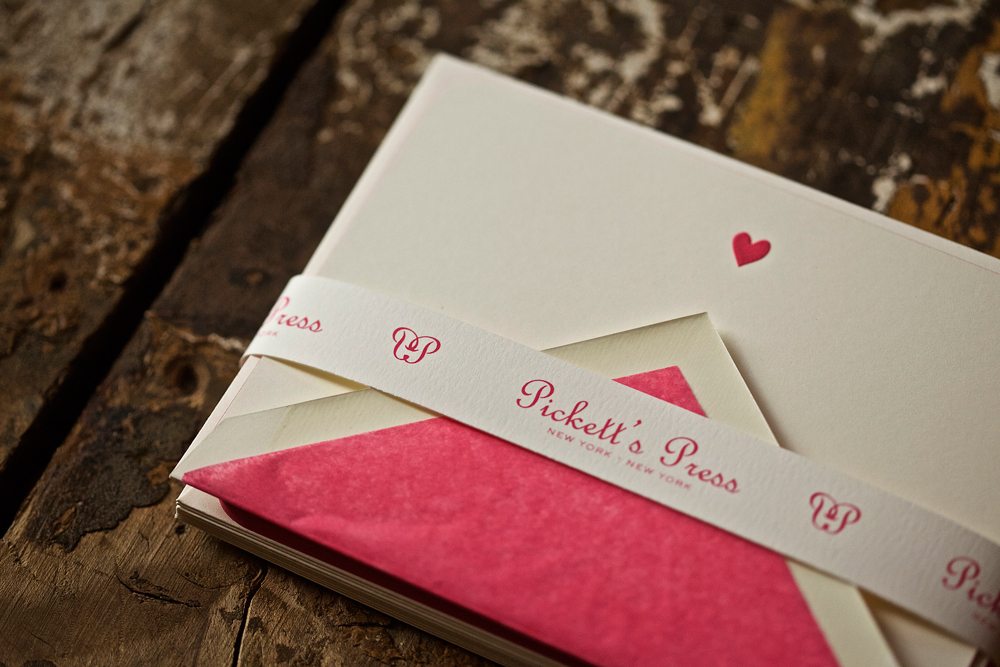
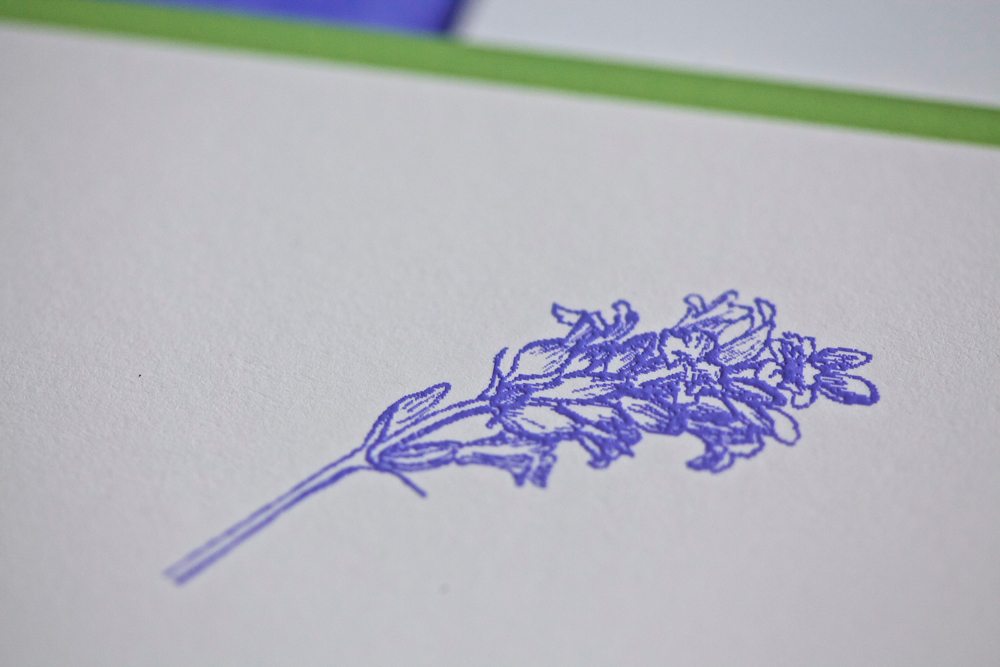
We mix metallic engraving inks in-house by combining metallic particles (gold, silver, copper) with a clear substance called the “extender.” Burnishing, which counts as its own press pass, makes metallic engraving smoother and shinier. For large areas, we may recommend screening the art within the die floor, to avoid ink puddling.
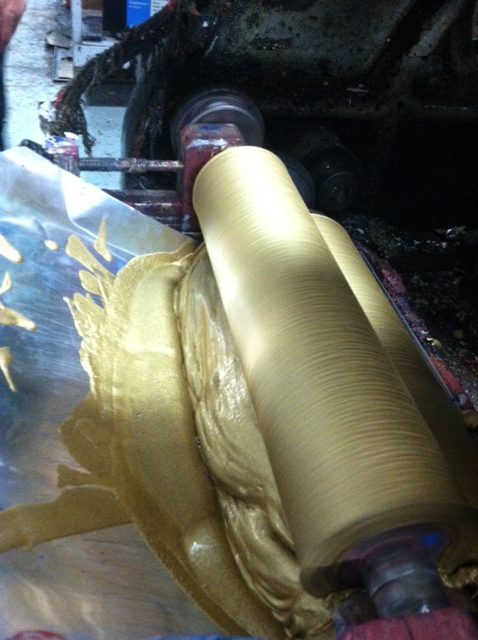
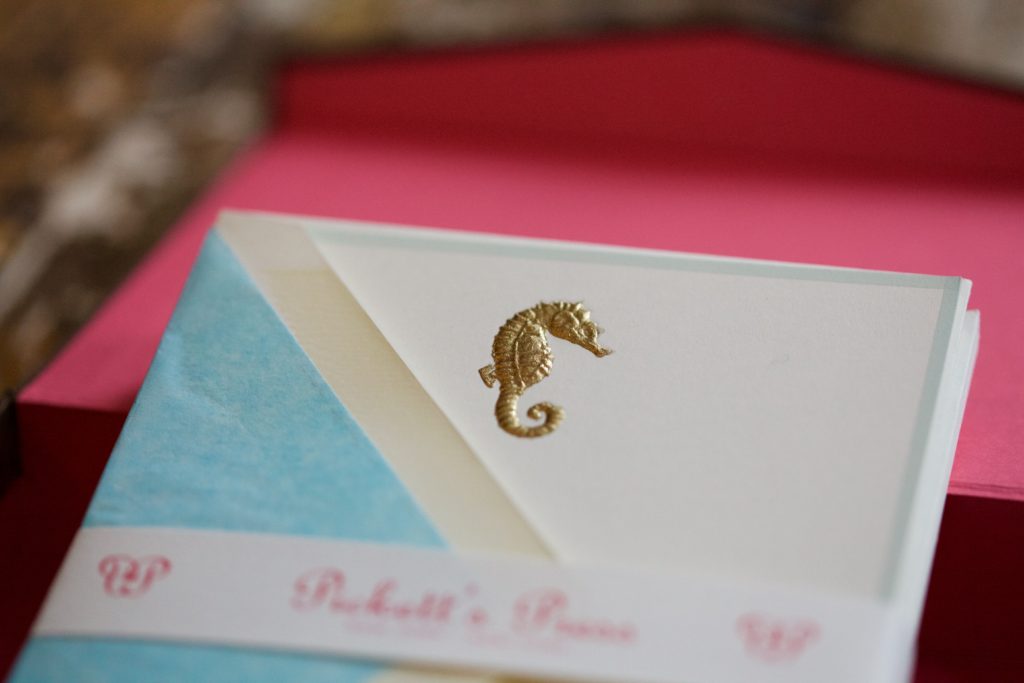
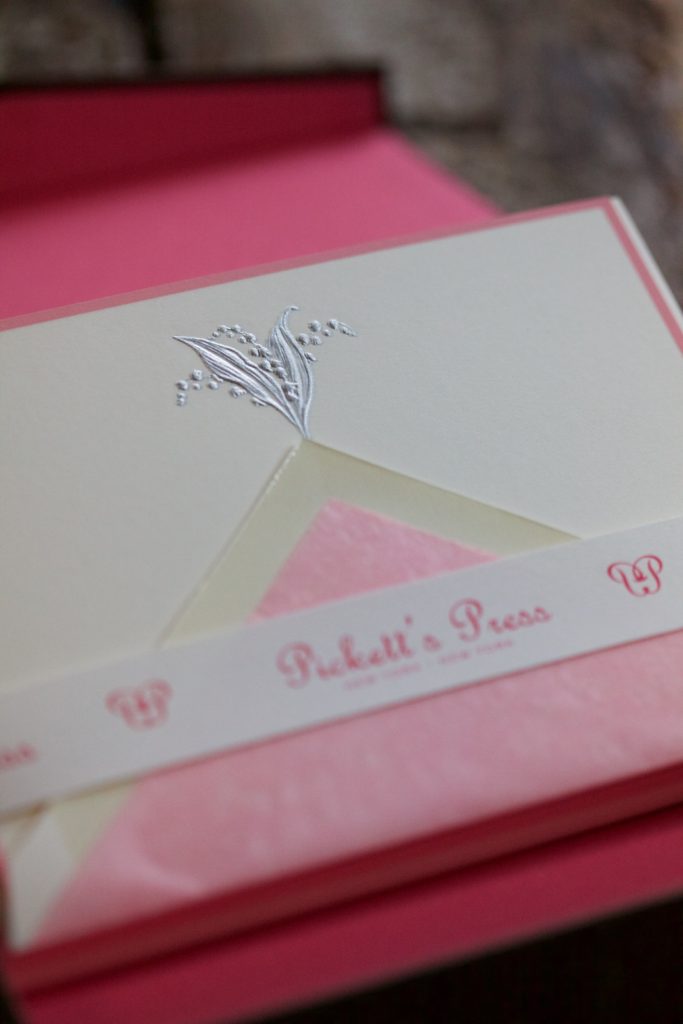
Pros and Cons
It’s tactile. It is traditional and elegant but can look casual and even hip. We can engrave on luxurious thick stocks that can’t be fed through a litho press. Metallic engraving looks like fine art or expensive jewelry. Because it is so special, unique and exquisite, it is the most expensive printing process.
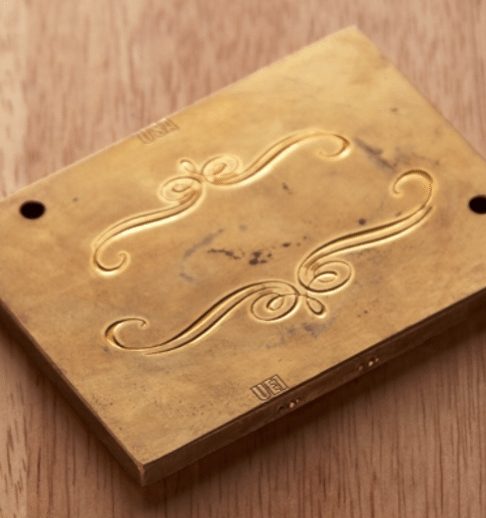
Engraving dies last for a long time, so the cost of the die can be leveraged over several print runs. One family can use the same return address plate for all personal papers and invitations, and holiday cards, thereby getting more use out of the cost of the die.
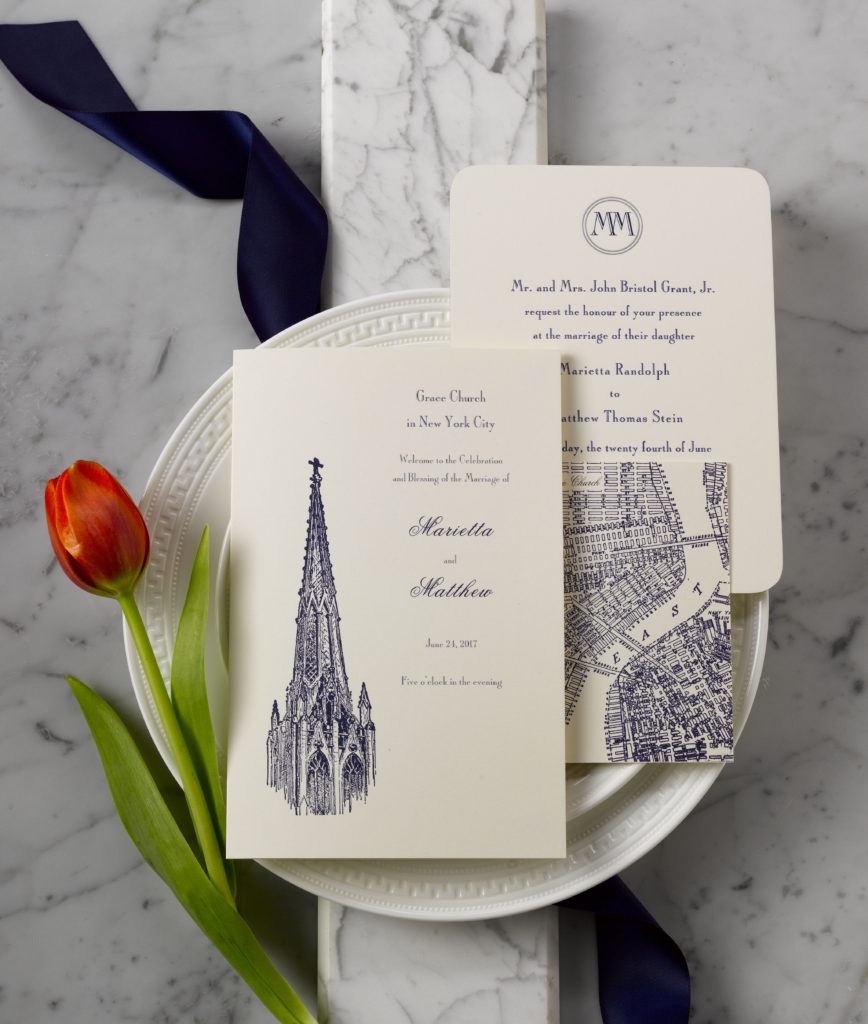
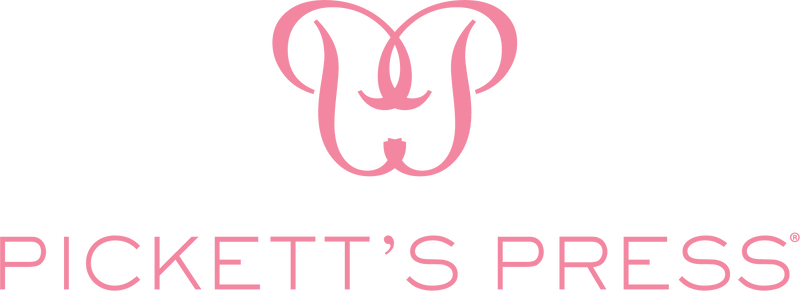

Leave a comment